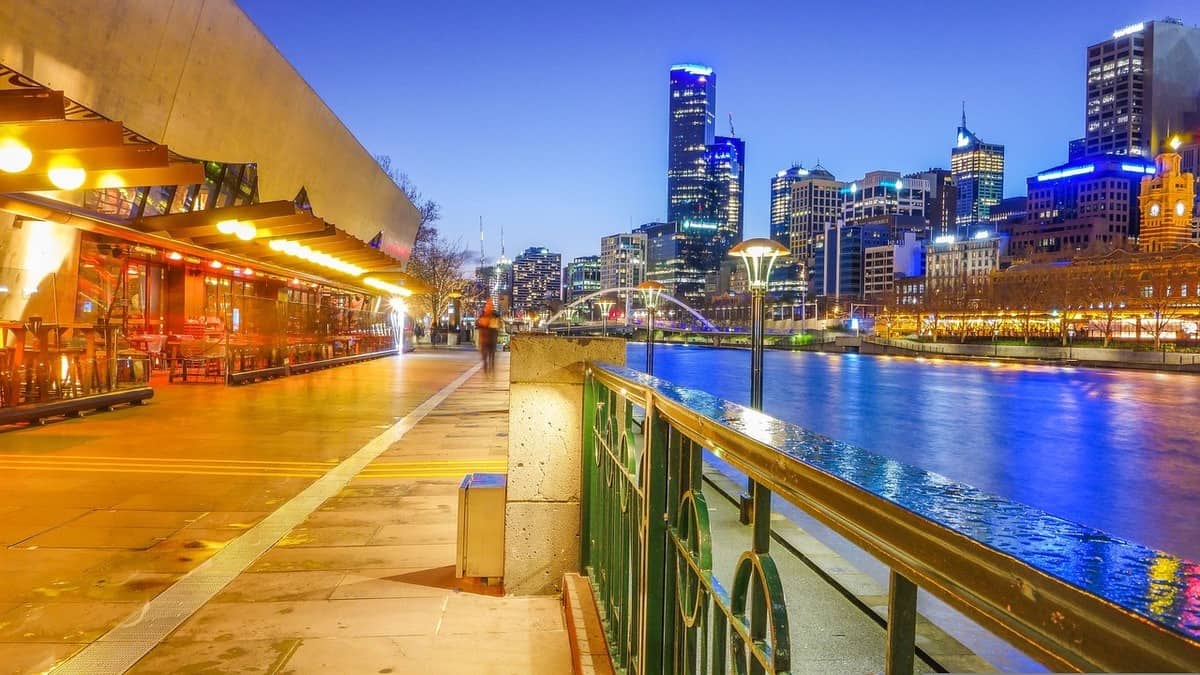The Victorian opposition has promised $50 million for an additional 600 electric-car charging stations across the state. It will make driving to an electric, hydrogen, or plug-in hybrid vehicle cheaper, as per Drive.
Opposition leader Matthew Guy announced at a media conference that his government would pause the road-used charge of the state if it wins the Victorian election in November.
Road Usage Tax
Electric and hydrogen vehicles are charged a road usage tax of 2.6 cents. In contrast, plug-in hybrid cars are charged 2.1 cents for every kilometer they drive, based on the annual odometer readings.
The distance-based levy was established for zero-emission vehicles and plug-in hybrids in July 2021. The State Government claimed it was designed to regain lost revenue collected on the fuel excise tax.
The scheme has met and endured criticisms since the beginning. As state governments do not directly collect fuel excise tax, it is collected and distributed by the Federal Government. However, plug-in hybrid owners have argued that they unfairly have to pay both taxes.
Before the tax was enacted, automakers like Hyundai and Volkswagen joined 25 organizations, such as Environment Victoria and the World Wildlife Fund. It called on the Andrews government to reconsider the levy, worried it would discourage EV ownership in Australia.
If elected, the party states it will spend $500 million to build 600 charging stations for electrified cars – 10 times the amount pledged by the Victorian Government in June last year.
“By rolling out an extra 600 charging stations across the state, we will boost charging access and reduce the barriers to entering the electric vehicle market,” Victorian opposition Deputy Leader David Southwick stated in the announcement, according to AAP reports.
Victoria’s Greenhouse Gas Emissions
In addition to the Victoria’s Agenda election series, readers have told The Age they want to know how the government and opposition would address the state’s greenhouse gas (GHG) emissions and what actions they would take to increase EV use.
A walnut farmer from Redesdale, Mark Jankelson, stated that climate change was his main concern in the lead-up to the state election.
“As a farmer, we are seeing the impact,” he said. “I want to know that these issues are recognized by the parties coming in.”
Victoria’s GHG emissions have decreased to almost 25 percent below 2005 levels to 91.3 megatons of CO2 a year, with transportation amounting to 25 percent of the state’s emissions.
Infrastructure Victoria approximates that if all vehicles are zero-emissions, over 27 million tonnes of GHG emissions will be eliminated by 2046.

